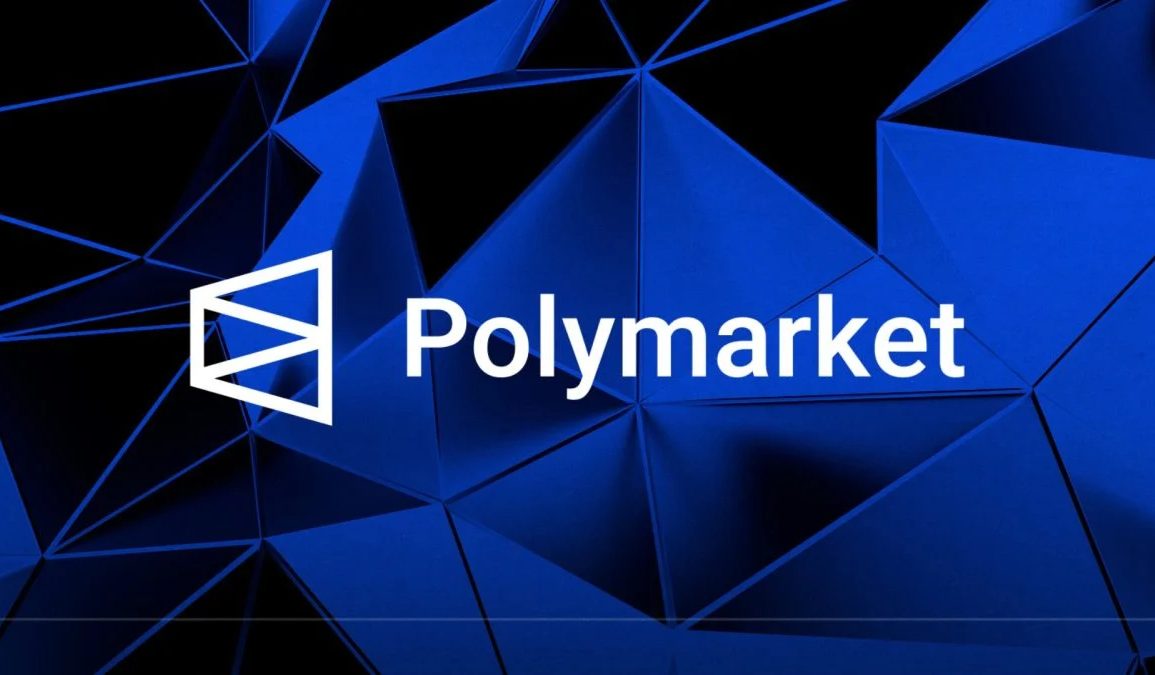The Partnership Brings Perplexity’s News Summaries to the Real-World Betting Site
Prediction marketplace Polymarket, which allows users to place bets on real-world events, has announced a new partnership with the AI-powered search engine Perplexity to offer users news summaries about these events.
With this collaboration, when users click on an event on Polymarket, they will see a concise summary of related news, generated from search results by Perplexity. Users can also use a search box to ask additional questions.
Polymarket is further expanding its reach by using Perplexity’s Pages feature to create a column. This feature allows users to generate shareable pages from search results, which will be showcased on Perplexity’s Discover page. Perplexity has expressed interest in exploring more third-party partnerships to feature content in its Discover section.
In addition, Perplexity will utilize some data from Polymarket, such as election trends, to create visual displays in responses. These visuals will be generated with the help of another AI platform, Tako.
This partnership follows Polymarket’s recent collaboration with Substack, which allowed writers to embed prediction data in their posts. Polymarket also launched its Substack newsletter, Oracle.
For Perplexity, Polymarket will serve as an API customer, allowing the AI search engine to generate revenue from API calls made by users exploring events and asking questions on the platform.

Dmitry Shevelenko, chief business officer at Perplexity, explained that while the company primarily targets consumers and knowledge workers in enterprise settings, more developers are increasingly using the Perplexity API. “The API business is not a priority for us as we are a consumer-focused company. But still, API usage is growing, with more than 25,000 developers using our API. We have a unique offering that pulls in answers via different internet sources,” Shevelenko said. “The way we think about API right now is that it’s a means to grow the brand, but not the end.”
He also mentioned that publishers use Perplexity’s API to allow users to search articles on their platforms, with other applications in banking, marketing, and financial services.
Despite its growth, Perplexity has faced criticism from news outlets for allegedly plagiarizing content and ignoring “robots.txt” instructions on websites. The company has since promised to improve its citation practices and established an ad revenue-sharing program with media outlets.
Shevelenko did not provide exact figures on how many users click on the sources displayed alongside Perplexity’s search results but noted that it is in the “double-digit percentage.”
Supported by investors such as NEA, IVP, Sequoia, and Jeff Bezos, Perplexity last raised $63 million at a $1 billion valuation in March. A month later, TechCrunch reported that the startup sought to raise $250 million at a valuation between $2.5 billion and $3 billion.









